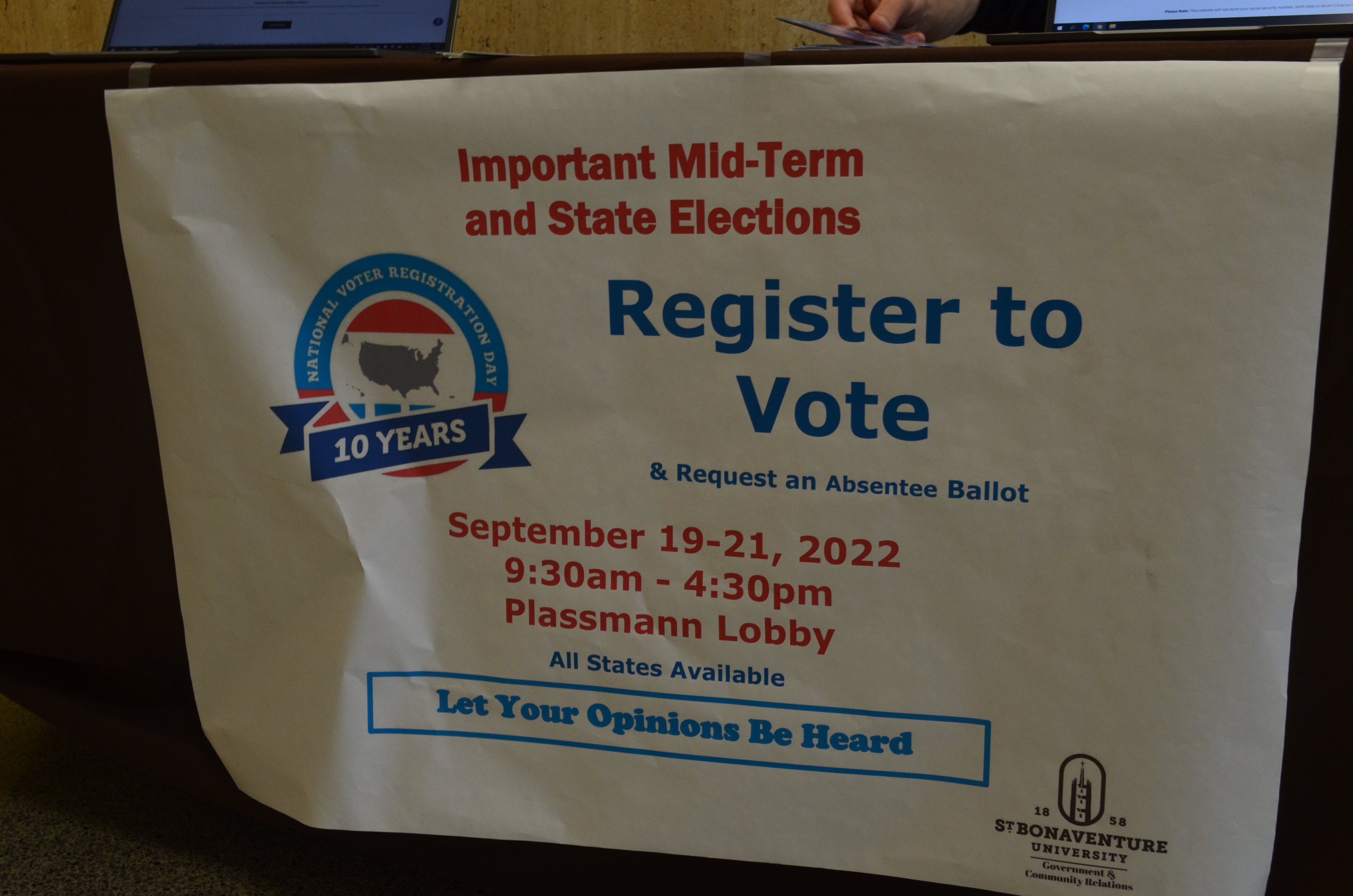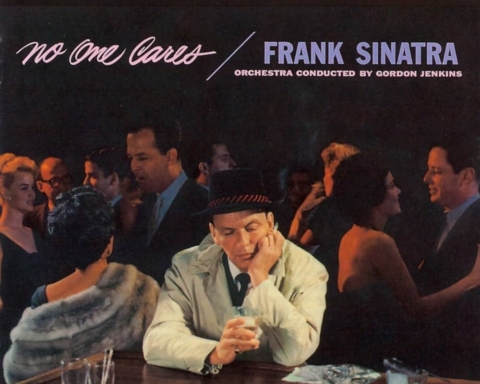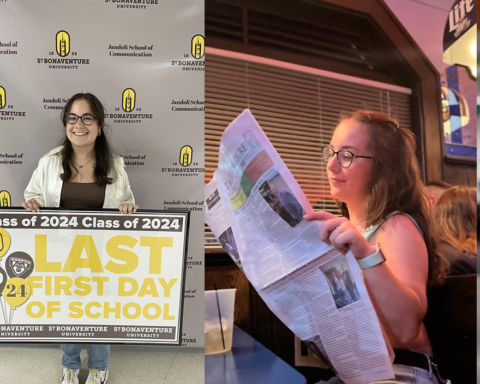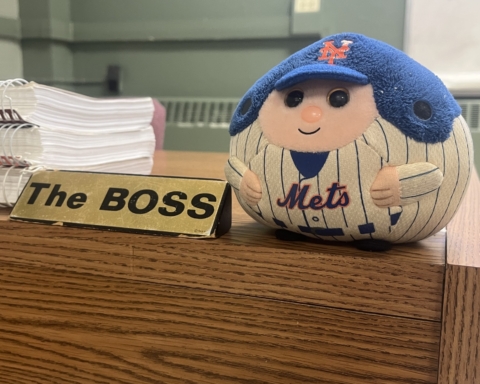By Tucker Reilly
So the 2022 midterm elections are coming up. Look, I know you’ve heard from a million people this year about the necessity of your place at the ballot box. It’s exhausting, if not a little bit patronizing. But if you want to hear a better pitch than those “make your voice matter” campaigns year after year – and you’re actually interested in affecting real change – keep reading.
The importance of voting is often minimized by a general media focus on “big” elections, which encourages voters to view national races as “more important.” This shows in turnout: midterms had a 100-year peak of 50% in November 2018 while the 2020 presidential election had a record-high 66% turnout of voting-eligible citizens. It’s not difficult to see why. While the presidential election holds the gravity of electing the country’s head of state, the midterm elections feel like a quiet intermediate period, where voters are less likely to go out of their way for “less consequential elections.”
In reality, every race on every ballot – even those more frequent than every two years – has a consequential effect on policy. From governors to state senators, mayors, and city council members, every election in your voting district can affect your day-to-day existence. Local elections also give opportunities to vote on “direct ballot initiatives,” legislative decisions that are controlled entirely by the voters. While news media tends to focus predominantly on statewide and national laws, these ballot measures have dramatic effects on municipal life. They are directly in the hands of the voting population. Even if you choose not to participate in the “big elections,” these local and down-ballot choices are well worth a trip to the polling station.
But why should you personally get involved? Well, while voting remains a cornerstone of American politics – we are a representative democracy after all – the individual vote holds little legislative power on its own. One of the best ways to affect change, then, is by building community with your fellow voters.
Phone banking and canvassing are more accessible than ever, with online communities of every political alignment devoted to organizing and training volunteers. With as little commitment as an hour per week, you can contact people across America, via phone or text. Even if you’re not in a state with house and senate races open, you can sign up to call on behalf of specific candidates you support in other states. For both sides of the aisle, elections are less about changing the opinions of the voting populous and more about motivating people who are ideologically aligned with you.
Young people are at the forefront of this mobilization movement, while also having the most ground to pick up. The 18-24 age group’s participation peaked in 2020, and it’s still less than half (48%) of the eligible population. There are a myriad of factors that go into this – a growing sense of political alienation, poor civic education, and low voter registration to name a few. Only 63% of the 18-24 age group were registered to vote in 2020, a number that rises in successive groups before peaking at 65-74. I’ll be honest, folks. The old people are beating us and I just can’t abide that (call me an ageist, I’m just competitive). If there’s any change we want to see in the world around us, it’s our civic responsibility to make sure everyone we know makes that trip to the polls.
For those of you who have voted before, the endeavor may seem to diminish in importance every cycle. In overwhelmingly Republican or Democratic-controlled states, it sometimes seems pointless to participate at all. But no vote is ever truly wasted. So you’re a Republican in New Jersey or a Democrat in Georgia – vote for your city comptroller, sheriff, and judges. Vote in direct ballot initiatives. Make an impact on every level possible, because no one is coming to do it for you.
If you want to become active on campus, there’s a voter registration booth that opened up this week in Plassmann Hall. You can register for your home state there or online in under 10 minutes. Don’t think you have the time to vote or that you’re too far away from home? I get my absentee ballots mailed in from California, which gives me time to vote whenever I’m free as long as they’re in the mail by Election Day. There are political organizations on campus that you can talk to. Unless you’re personally opposed to the idea of electoralism, there’s always a way to make things work.
So don’t be silent this election cycle, or any for that matter. Voting is the bare minimum we can do to affect political change in this country; it’s one of the fundamental gifts of living in our representative democracy. Do more than the bare minimum. And along the way, ask yourself: isn’t it strange that with all this importance, Election Day isn’t a national holiday?
It’s up to us.
reillyt19@bonaventure.edu






